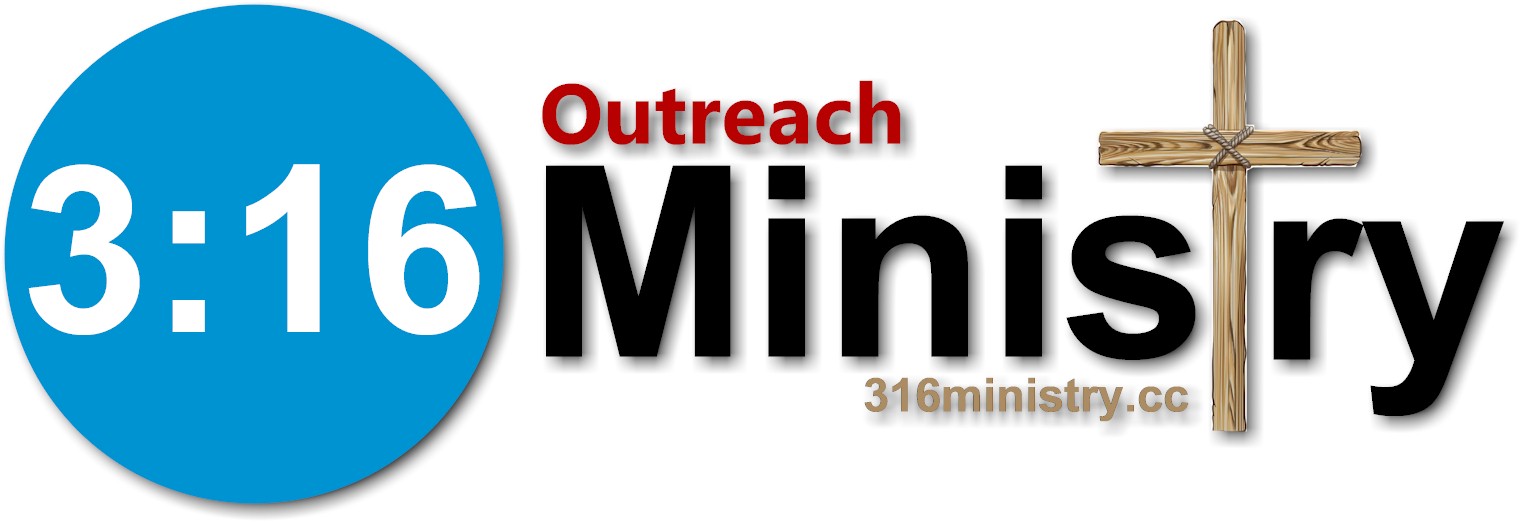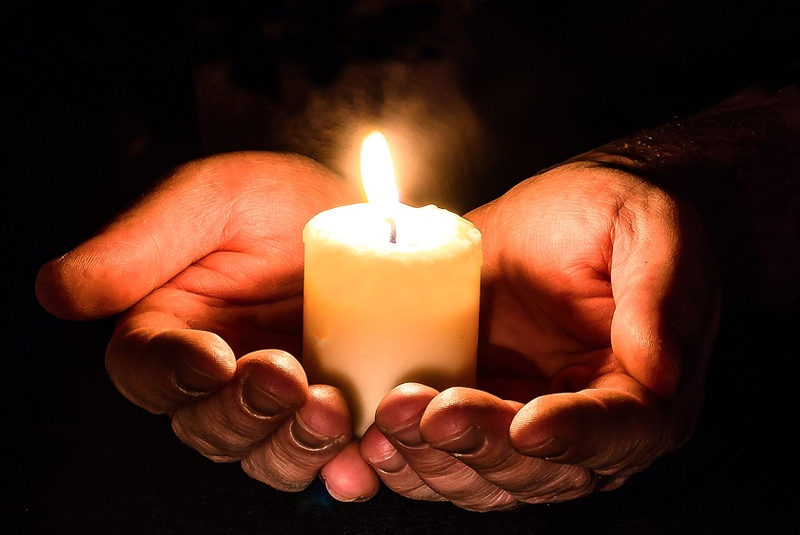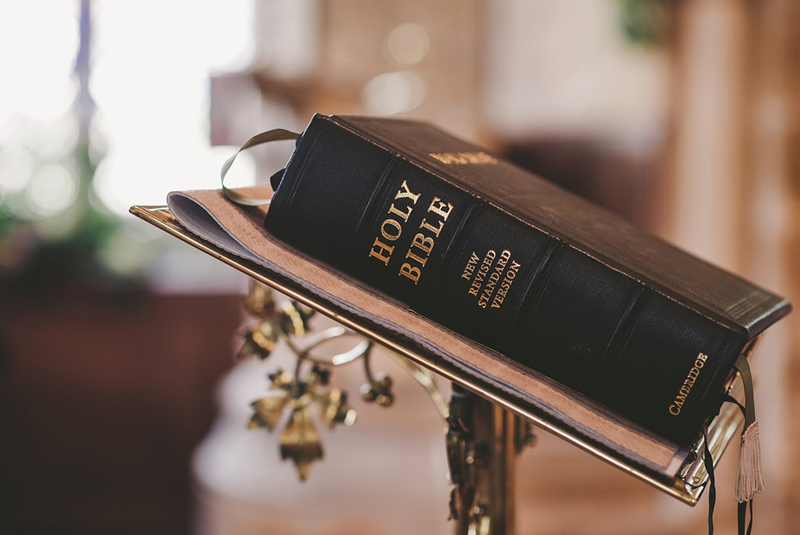
Parable of the Weeds: If you are new to this series, we are analyzing 39 parables from the teachings of Jesus. Through this series, we will take each one and break it down to make it easier to understand its meaning. Just a note, Jesus was divine and had infinite knowledge. We do not presume that this is the only interpretation of this parable, but it is ours, and we hope it helps.
Parable of the Weeds –
Matthew 13: 24-30 NIV
The Parable
The parable of the weeds, while it is such a simple parable, tells us so much. It seems to be a continuation of the Parable of the Sower, and follows the path of the seed thrown on the good soil, which grows well because it is able to form deep roots. Jesus is implying that, even though you have placed your seed on good soil, and you are growing in your faith, there is no length that the evil one will not go to hurt your faith in God by planting evil all around you.
The Connections
There has been a lot of interpretation on why Jesus chose farming subjects for His parables so I won’t spend much time on that part since most of the ones that were listening were farmers of some sort.
It is important to note that many of the parables of Jesus are connected to other parts of the Bible.
Just a side note, while I was doing this parable, as with all of the information I give out in podcasts, I always do a significant amount of research into other parts of the scripture that might help us understand the parable better. When doing the research on this parable, I was so encouraged and excited about how many references that showed through from this one small parable. As soon as I finished one connection, there was another connection that I was able to explore. There was actually so much information, I am now planning to do another podcast just on what I found. It is going to be very enlightening.
As a Bible learner who enjoys understanding the Bible, it is amazing when you read a passage and another part of the scripture jumps into your mind. For example, when reading this parable, if you’ve read the book of Revelation, you might make the connection. When Jesus is explaining the parable to his disciples, there are a few things that jump out at you.
As Jesus describes the Parable of the Weeds…
Matthew 13:37 – “The one who sowed the good seed is the Son of Man.” We understand this to be Jesus, the one who makes all things possible. As we learned in the Parable of the Sower, the good seeds are the ones that are cast on the good soil. The growth is likened to our receiving the message of God’s word. This word is not only heard by people but understood. The word allows our faith to grow deep roots and we become fruitful in the Lord’s work and understanding.
Matthew 13:38 –
“The field is the world, and the good seed stands for the people of the kingdom. The weeds are the people of the evil one.” As we know from our readings, people were placed into the world and the ones that hear and understand God’s word are the good people of the kingdom of heaven. Their names are written in the Book of Life. The ones that reject the understanding that Jesus is the Son of God are considered the bad crop. Now, it is important to note that being part of the bad crop is a choice. If you are considered part of the bad crop, it is never too late to become a follower of Jesus. Again, it is a choice.
Matthew 13:39 –
“and the enemy who sows them is the devil. The harvest is the end of the age, and the harvesters are angels.” There are many bad influences in the world which can keep your name out of the Book of Life. Rejecting the teachings of Jesus means you have heard those teachings and have chosen not to believe. If you believe that might be you, and you are reading or listening to this, there is still hope. For when the harvesters, who are the chosen Angels of God, come to separate the good from the bad, I assure you, you will want to be counted among the good. It really doesn’t go well for the bad.
Matthew 13:40 –
“As the weeds are pulled up and burned in the fire, so it will be at the end of the age.” As you can see from this passage, everyone will be required to stand before the throne and be judged. The pit of fire is reserved for all that do not believe that Christ is the Son of God. Taking the gift that Jesus has given you, gets your name written in the Book of Life.
Matthew 13:41 –
“The Son of Man will send out his angels, and they will weed out of his kingdom everything that causes sin and all who do evil.” While standing at the throne, everyone will be sorted into good and evil. The good will be identified by your name being written in the Book of Life. If you are not listed, you are put in the other group for which there is only one destination, the pit of fire. At this point, there will be no bargaining with the harvesters.
Matthew 13:42 –
“They will throw them into the blazing furnace, where there will be weeping and gnashing of teeth.” If you are wondering about what happens to the bad group of people, here it is. So, this blazing furnace is not someplace you are put and then it is over. This is a forever kind of thing. Oh, and you get to spend eternity with the beast, the false profit, and the devil.
Matthew 13:43 –
“Then the righteous will shine like the sun in the kingdom of their Father. Whoever has ears, let them hear.” Once the sorting is complete, all of the good people who have chosen to hear and understand the message of Jesus are now able to collect their inheritance, which is eternity in the kingdom of God.
As you can see, there is a lot of information packed into parable of the weeds. As I alluded to, there are many different connections between this parable and the end of times that are described in Revelation. My next podcast will outline many of those.
Take Away
The biggest take away from the parable of the weeds learning is that there are two groups of people at the end of the age. The people who reject Jesus, and those that chose to take the gift that He has already paid for with His blood. All you have to do to be a Christian is to ask Jesus, admitting you have sinned. From that point, you are in. Continue to understand what that means through learning and asking questions. Include Jesus in your daily life.







